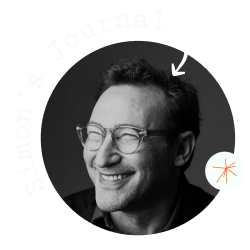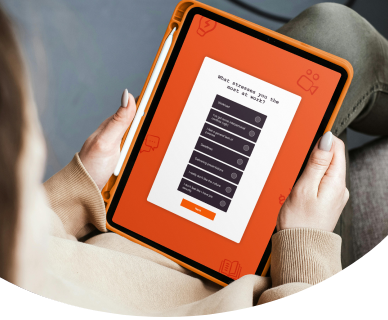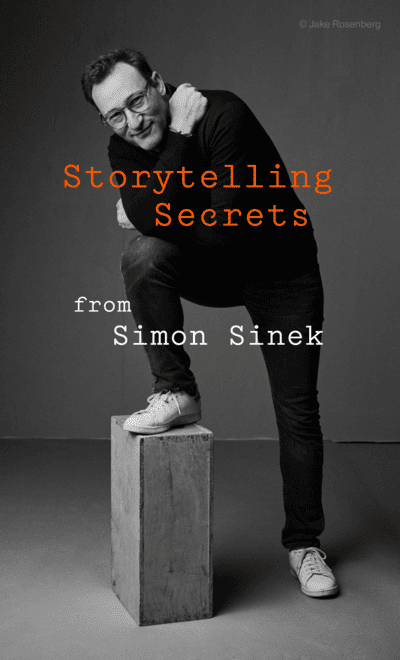My whole life I have managed loneliness. It’s not the kind of severe loneliness or social isolation equated with depression. Mine is a kind of loneliness that goes with being physically alone, either living alone or being single. And for most of my life, I have been one or both of those things. My loneliness feels more like a gentle sadness of longing or being without.
For years, when the feeling of loneliness would show up, I would yearn for the thing that made that feeling go away. If I was single, I yearned for a partner. If I was home alone, I yearned for the company of another.
I recently had a conversation with my friend Ric, who is like a guru to those who know him. I asked him if he ever feels lonely.
“I am never alone,” he replied, “I am always with myself.”
Ric’s perspective on loneliness set me on a new path. Instead of yearning for the thing that will make my loneliness go away, I am, instead, learning to understand what it is and how it fits in—even belongs in my life.
Here’s what I’ve learned.
My loneliness is not a bad thing that I have to get rid of. It is now a healthy part of a balanced life for me. One of the things that comes with being alone is total freedom. I’m not just talking about the freedom to go places, though that exists too. I am talking about a more mundane kind of freedom. I can watch anything I want on TV, for example. I can eat anything for dinner, even gross combinations of food on one plate. It’s a freedom to make any decision I want, any time I want. But this incredible freedom has a price, and that price is the feeling of occasional loneliness. And because I so appreciate my freedom, this seems a small price to pay.
The opposite is also true. I love being in relationships and with friends. I love the feeling of companionship and togetherness. But when I have that, it also has a cost. And that cost is loss of freedom. When we are with others, we have to consider their needs and wants. Sometimes at the sacrifice of our own. That’s the price of companionship.
The best relationships, the best friendships, and indeed the best personal lives are able to find the right balance between freedom and companionship. It’s sometimes an imperfect dance, but it is not about eliminating feelings of sadness or yearning; it is about weighing costs and benefits.
Being alone or being with someone is no longer a comparison I make. One is no longer more desirable than the other. They are simply different states of being that come with their own costs. And sometimes the cost for the thing we get is worth it.












